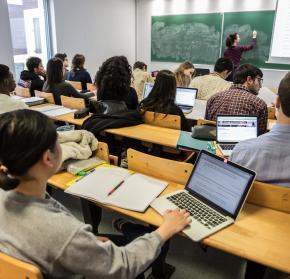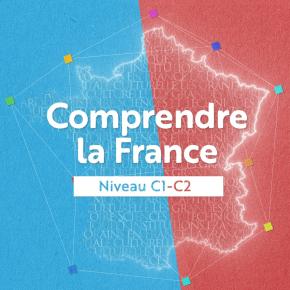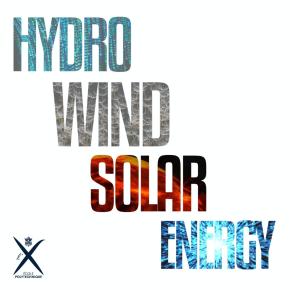
Présentation des cours en ligne gratuits et ouverts à tous de l'Ecole polytechnique


Des MOOCs aux salles de classes, le pôle e-learning aide à transformer les enseignements.
En complément et en parallèle de ses formations traditionnelles sur le campus, l’École polytechnique propose des modules d’enseignement à distance grâce aux moyens informatiques (ordinateur, tablette, etc.). Cet enseignement, appelé e-learning, n’est pas qu’un outil mais avant tout une nouvelle manière d’enseigner et d’apprendre.
L’équipe d’assistance pédagogique de l’École polytechnique accompagne les enseignants dans la création de leurs cours en utilisant une vaste palette de techniques et d’outils.
Les derniers cours en ligne
Actualités

Pédagogie
Appel à projets
Appel à projets
Un fond pour soutenir l'innovation pédagogique vers un enseignement actif. Proposez des projets...
Lire la suite

Pédagogie
1/2 journée pédagogique du département de Biologie - Ressources, liens, documents
1/2 journée pédagogique du département de Biologie - Ressources, liens, documents
Quelques documents, références, liens, pour creuser les sujets échangés ensemble lors de la première édition de l'évènement pédagogique du département de Biologie (liste non exhaustive)
Lire la suite

Information générale, Pédagogie
Moodle fait peau neuve !
Moodle fait peau neuve !
Moodle va connaître une transformation majeure en juillet. Cette mise à jour apportera une toute nouvelle interface, offrant aux une expérience d'apprentissage en ligne encore plus agréable et
Lire la suite



